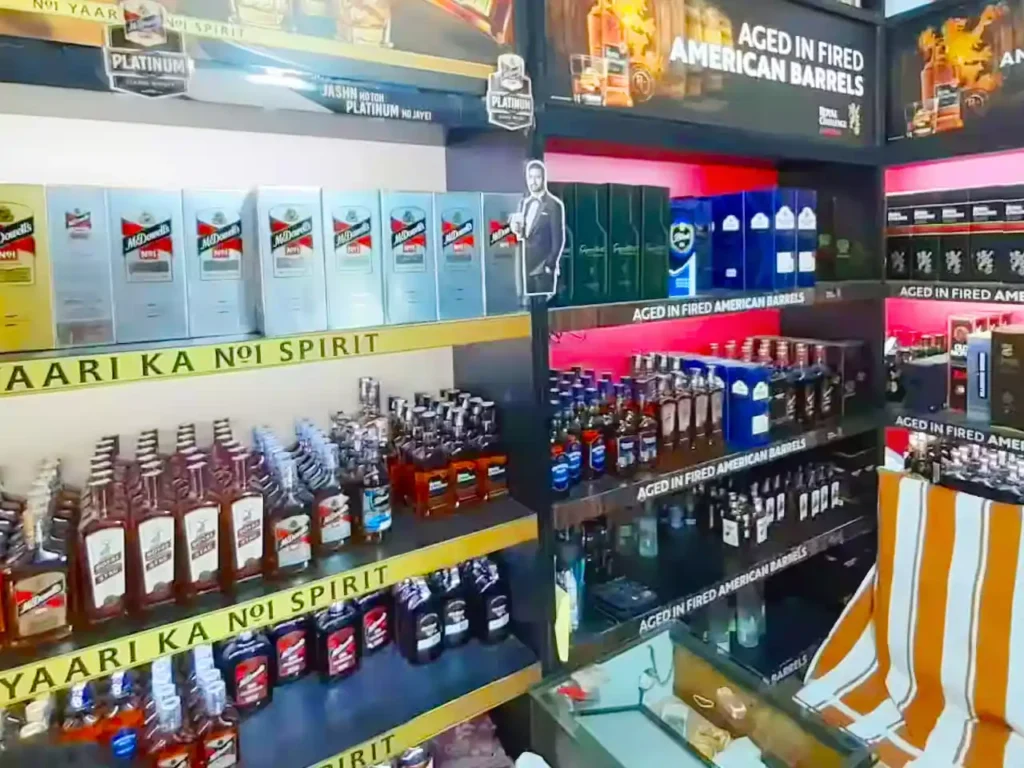West Bengal raises excise duty on beer and liquor to fund social welfare schemes, targeting over Rs 20,000 crore in revenue.
Excise Duty Increase on Alcohol
The West Bengal government has announced an increase in excise duty, which will result in higher prices for beer, Indian Made Foreign Liquor (IMFL), and country liquor starting August 14. This decision aims to boost state finances to support various social security programs. The price of beer is set to rise by Rs 20-25 per bottle, IMFL will see an increase of Rs 30, and country liquor will become Rs 5 more expensive.
This move aligns with the government’s strategy to enhance revenue collection through excise duty and stamp duty adjustments. In the fiscal year 2022-2023, West Bengal collected Rs 16,266 crore in excise duty, and this figure exceeded Rs 18,000 crore in 2023-2024. The state is now targeting revenue of over Rs 20,000 crore from excise duty to meet its growing financial needs.
Social Schemes and Financial Challenges
West Bengal’s financial commitments include funding various social welfare schemes, such as the Lakshmir Bhandar scheme, which requires Rs 26,000 crore for financial assistance to women from economically weaker sections. Additionally, Rs 6,500 crore is allocated to the Krishak Bandhu scheme for farmer assistance, around Rs 10,500 crore to the Jai Bangla pension scheme, and nearly Rs 1,500 crore to the Kanyashree scheme, which supports girls’ education.
A senior government official highlighted that the state’s annual expenditure on social welfare schemes exceeds Rs 50,000 crore. Additional expenditures include payments to puja committees and club-aid. To address these substantial financial obligations, the state government took loans amounting to Rs 73,000 crore in the fiscal year 2023-2024, and this figure is estimated to rise to Rs 80,000 crore this year. As a result, the government has limited options to increase revenue, with excise and stamp duties being the primary avenues.
Strategies for Revenue Enhancement
An official from the state Excise Department explained that minor price adjustments were made to country-made liquor to prevent a potential shift in consumer preference toward it due to the higher cost of beer. Previous attempts to boost revenue by keeping liquor shops open on certain dry days did not yield the expected results, necessitating the price hike to achieve financial targets.
Moreover, the government has withdrawn stamp duty exemptions, effective July 1, as part of its revenue generation strategy. The government initially reduced stamp duty by 2% and the Circle Rate by 10% to counteract the economic slowdown caused by the COVID-19 pandemic and stimulate commercial activity. However, after reviewing the situation, the state decided to discontinue these temporary relief measures.
A senior official stated that the reduction in stamp duties initially led to an increase in revenue due to pending registrations being completed. However, this revenue growth has slowed over the past two years. The government now anticipates an additional Rs 1,000 crore in revenue this year as a result of these changes.
Now You Can Follow Our Channel On WhatsApp!

